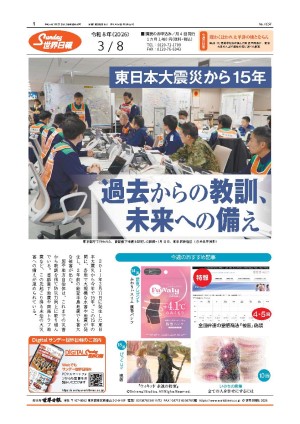ロシア人ハッカーに狙われたクリントン陣営 Hillary Clinton, campaign staff targeted by Russian hackers during election: Researcher
2016年大統領選のヒラリー・クリントン陣営のスタッフは、昨年秋の選挙で敗北する前、数十回にわたってロシア情報機関が送ったとみられる悪意のあるリンクを開いていた。
ロシア軍参謀本部情報総局(GRU)は、クリントン氏の個人メールアカウント以外に、昨年の大統領選前の1カ月にわたるハッキングで、少なくとも109人のクリントン陣営選挙スタッフを標的としていた。この問題を調査したキングス大学のトマス・リッド教授が明らかにした。
...【全文を読む】







